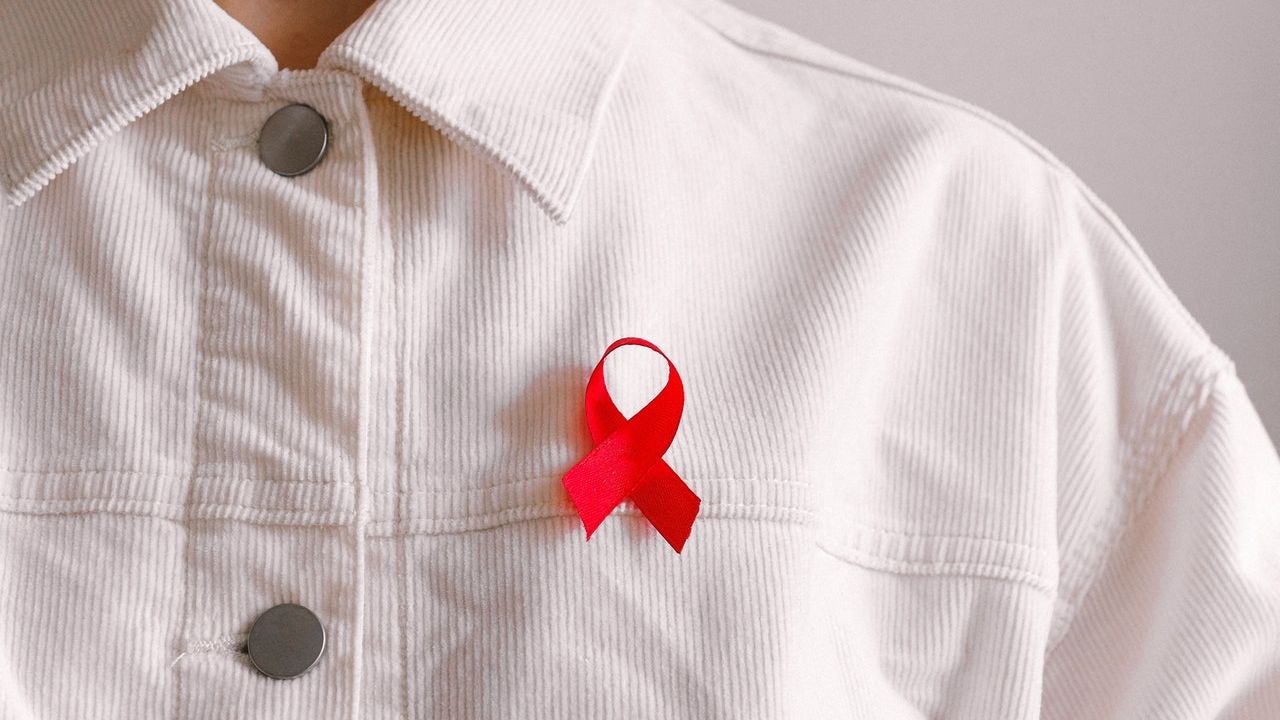In the decades since the beginning of the HIV (human immunodeficiency virus) In the 80s, there have been tremendous advances in the fight against the virus.
Life-saving drugs from therapy antiretroviral (ART, for its acronym in English) have turned the diagnosis of HIV from being a death sentence to becoming a controllable disease. Prevention efforts have also led to a decline in new infections with this virus.
Despite these important advances, the challenge remains. On chili, according to data provided by the Ministry of Health (MINSAL), it is estimated that 67,000 people are living with HIV, and of these only the 70% have been diagnosed.
In this context, a key place to start is the testing of the HIV, which allow people with the virus to know their status, receive life-saving treatment, and prevent transmission to others.
Fighting HIV: Prevent, Detect and Treat
What is HIV?
It is a virus that attacks and can damage the immune system, making it difficult for the body to defend itself against infections.
Without treatment, HIV reduces the number of cells (cells CD4 or T cells) that help the immune system fight infection. Over time, the virus can destroy so many of these cells that the body cannot fight infections and diseases so these opportunistic infections or cancers take advantage of a very weak immune system and signal that the person has AIDS, the last stage of infection by the HIV.
“You can become infected with HIV through different types of exposures to the virus, such as through high-risk sexual interactions, sharing contaminated needles or syringes, infected blood, or a transfusion. You can also get it from a mother infected with the virus. HIV (especially without antiretroviral treatment) to your child during pregnancy, delivery or breastfeeding, “said the Dr. Oscar Guerra, Medical Director of Diagnosis of Abbott. “Only certain bodily fluids – blood, semen, prectal fluid, rectal fluids, vaginal fluids, and breast milk – from a person who has HIV can transmit it.”
Although there is no cure for it HIV, there are effective treatments to control the disease and slow its progress. Taken the right way, every day, antiretroviral treatment can dramatically prolong the lives of many infected people, keep them healthy, and greatly reduce their likelihood of infecting others.

How to protect yourself?
The best protection against HIV is to learn about the virus and avoid any behavior that allows infected fluids to enter the body.
When condoms are used consistently and correctly, they provide a barrier against these fluids. It is important to use condoms in all sexual activities with partners who have the HIV, who are at risk of contracting it or whose sexual history you do not know.
Remember to share needles, syringes and others injection equipment is a direct route of transmission of the HIV
If you are negative to HIV and you have a high-risk sexual relationship with an HIV-positive partner, talk to your doctor about the advisability of taking anti-HIV drugs daily HIV (called pre-exposure prophylaxis or PrEP) to reduce the chance of getting infected. The PrEP daily reduces the risk of contracting HIV through sexual activity by about 99%. As the PrEP it only protects from HIV, it is necessary to use condoms to prevent other sexually transmitted diseases (STD).
What can you expect from testing?
Whether you think you can have HIV or you’re sure you don’t have it, the only way to know for sure is to get tested.
“Timely diagnosis is key. Going to look for people, offering them the tests and if they are infected, offering them treatment is very important, because maintaining stable medical controls will make the patient reach an undetectable level, making them stop being contagious “, detailed the Colombian infectologist and specialist in HIV AIDS, Jose Oñate.
Although many tests of the HIV They are very accurate, it is important to avoid false positives, that is, the result of a test that says that a person has HIV when, in fact, they do not. Therefore, and according to the guidelines of the World Health Organization (who), it is important that the person has a confirmatory test.
There are three types of tests available, which are typically performed on blood, serum, or plasma:
- Test from nucleic acid (NAT This test looks for the actual virus in the blood, but it is not used routinely for diagnosis.
- Test from Antigen / Antibody: Look for HIV antibodies as well as the HIV p24 antigen. Antibodies are produced by the immune system when one is exposed to bacteria or viruses such as HIV. The HIV p24 antigen is a part of the virus that activates the immune system to form antibodies. This antigen is present even before antibodies develop.
- Antibody test: Most rapid tests are antibody tests. In general, these types of tests that use blood from a vein can detect HIV antibodies sooner after infection than tests done with blood from a finger stick or oral fluid.
What can you do if you are HIV positive?
If you’re HIV-positive, there are steps you can take to prevent transmission and maintain your health.
Antiretroviral therapy drugs have advanced to the point of rendering the virus undetectable in your body, which means that you can lead a healthy life and almost eliminate the risk of transmission. Research has shown that people living with HIV whose treatment has brought their viral load to an undetectable level are not at risk of transmitting the virus sexually to another person.
The therapy antiretroviral it usually consists of a combination of medications that must be taken exactly as prescribed by the doctor. However, if you experience nausea, headache, diarrhea, or fatigue, contact your doctor before stopping the medication. They can adjust your treatment.
But the recommendation is that you start taking the medications as soon as you know your condition. The antiretroviral treatment It is recommended for all people with HIV, regardless of how long you have been with it or your state of health.
The point is that you can’t treat this disease if you don’t know you have it. Almost 40% of new HIV cases are transmitted through undiagnosed partners. That’s where the importance of the test of the HIV.
“It is essential that you talk with your doctor to determine your risk and understand how often you should get tested for HIV. Today there are more tools than ever to prevent and detect the virus, so talk to your doctor about what you can do. If you are living with HIV, there are many steps you can take to avoid passing it on to others. The most important thing is to exercise caution during sexual interactions and take your HIV medications correctly, every day, as they can stay healthy for many years and greatly reduce the chance of transmitting HIV to your partners “ added Dr. Guerra.


















